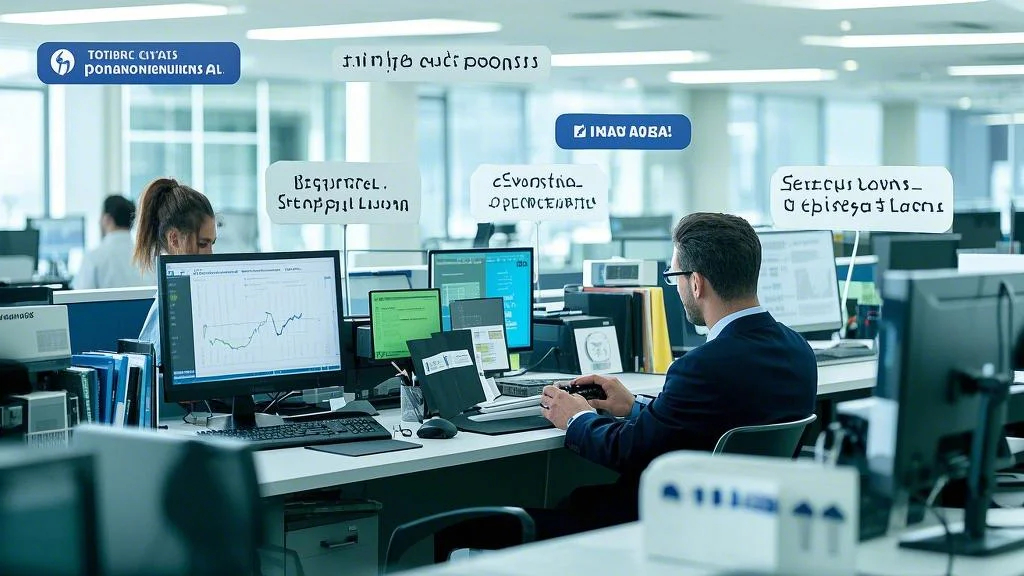Understanding Debt Consolidation Loans: A Path to Financial Freedom
If you’re struggling with multiple high-interest debts, a debt consolidation loan can be a powerful tool to simplify your finances and reduce your interest costs. A debt consolidation loan allows you to combine multiple debts into a single loan with a lower interest rate and a fixed monthly payment. This can make it easier to manage your payments and potentially save you money on interest over time. However, it’s important to understand the pros and cons of debt consolidation loans before making a decision.
One of the key benefits of a debt consolidation loan is its ability to improve your credit score. By paying off multiple debts and reducing your credit utilization ratio, you can boost your credit score over time. Additionally, having a single monthly payment can make it easier to stay on top of your finances and avoid missed payments. However, it’s important to avoid taking on new debt while paying off your consolidation loan, as this can undermine your progress. By using a debt consolidation loan wisely, you can take control of your finances and work toward a debt-free future.
Exploring Credit Card Debt Relief Options
Credit card debt can be overwhelming, but there are several credit card debt relief options available to help you regain control of your finances. One common strategy is to negotiate with your creditors for lower interest rates or reduced settlements. Many creditors are willing to work with you if you’re experiencing financial hardship, as they’d rather receive partial payment than none at all. Another option is to enroll in a debt management plan through a credit repair service, which can help you consolidate your payments and lower your interest rates.
Another effective credit card debt relief strategy is to use a balance transfer credit card. These cards offer a low or 0% introductory APR for a set period, allowing you to pay down your debt without accruing additional interest. However, be aware of balance transfer fees, which can range from 3% to 5% of the transferred amount. Additionally, consider using a debt consolidation loan to pay off your credit card debt and simplify your payments. By exploring these credit card debt relief options, you can find a solution that works for your financial situation.

The Role of Credit Repair Services in Debt Management
If you’re struggling with a poor credit score, credit repair services can provide valuable assistance in improving your creditworthiness. These services work to identify and dispute errors on your credit report, such as incorrect account information or fraudulent activity. By removing these inaccuracies, credit repair services can help you boost your credit score and qualify for better loan terms. Additionally, many services offer personalized advice on managing debt and improving your financial habits.
One of the key benefits of credit repair services is their ability to provide ongoing support and monitoring. Many services offer credit monitoring tools that alert you to changes in your credit report, helping you stay on top of your financial health. Additionally, working with a credit repair service can provide accountability and motivation to stick to your debt repayment plan. By taking advantage of credit repair services, you can improve your credit score and increase your chances of securing favorable loan terms.
Comparing Personal Loan Interest Rates for Debt Consolidation
When considering a debt consolidation loan, it’s important to compare personal loan interest rates to ensure you’re getting the best deal. Interest rates can vary significantly depending on your credit score, income, and the lender’s policies. Generally, borrowers with higher credit scores qualify for lower interest rates, while those with lower scores may face higher rates or even struggle to get approved. It’s essential to shop around and compare rates from multiple lenders to ensure you’re getting the best deal possible.
Another factor that affects personal loan interest rates is the loan term. Shorter-term loans typically come with lower interest rates but higher monthly payments, while longer-term loans may have higher rates but more manageable payments. Additionally, some lenders offer discounts for setting up automatic payments or having an existing relationship with the bank. By understanding how personal loan interest rates work and what factors influence them, you can make a more informed decision and save money over the life of your loan.
Exploring Payday Loan Alternatives for Short-Term Needs
Payday loans can be tempting for those facing short-term financial needs, but their high interest rates and fees can trap borrowers in a cycle of debt. Instead, consider payday loan alternatives that offer more favorable terms. One option is a personal installment loan, which provides a lump sum of money that you repay over time with fixed monthly payments. These loans typically have lower interest rates than payday loans and can help you avoid the debt trap.
Another payday loan alternative is a credit union payday alternative loan (PAL). These loans are designed to provide short-term financing at much lower rates than traditional payday loans. Additionally, consider using a credit card with a low APR or a 0% introductory rate for purchases. By exploring these payday loan alternatives, you can meet your short-term financial needs without falling into a cycle of debt.


